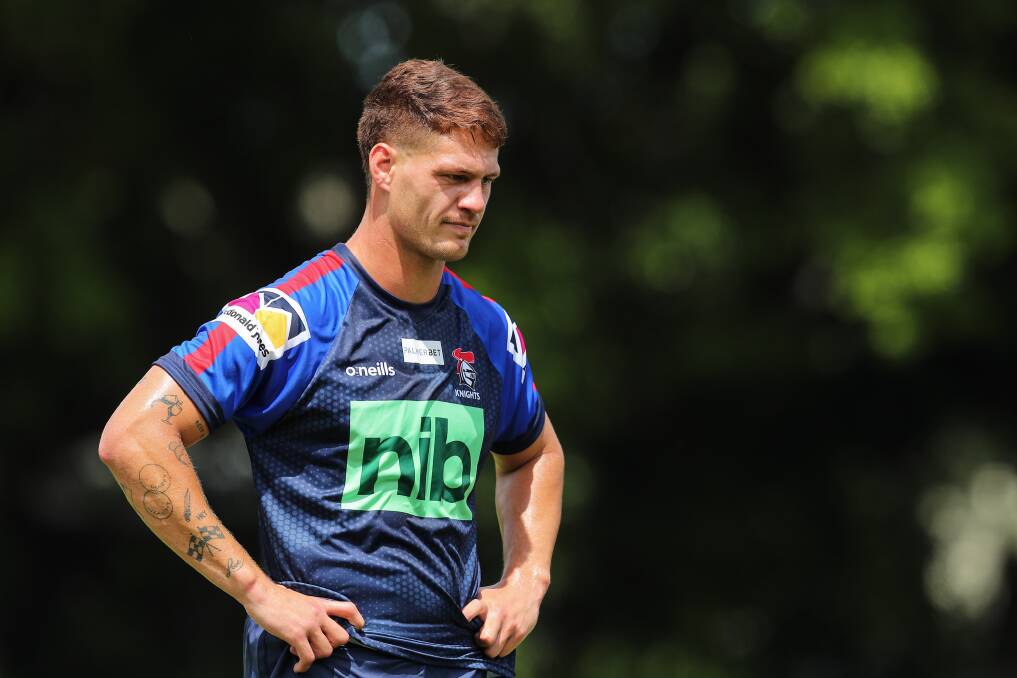
Knights fullback Kalyn Ponga has skipped the NRL All Stars match to focus on the season ahead, while Dane Gagai found it difficult to decide which team to play for so chose not to play at all.
The two star Newcastle players were notable omissions from the squads announced on Tuesday for the cultural-inspired fixture at CommBank Stadium in Parramatta on Saturday week.
Pasami Saulo was the only Knights player in either team and will make a second appearance for the Maori following his 2020 debut.
Gagai, who is eligible to play for both teams, represented the Maori in 2019 and the Indigenous side on three occasions through 2015-17.
Ponga played for the Maori in 2019 and 2020, when the All Stars fixture was last held.
Knights general manager of football Danny Buderus said Ponga was missing the game to focus on preparing for the club competition.
"Like many clubs, COVID has caused significant interruption to our pre-season training program. Having missed a couple of full preseason's due to injury, Kalyn is determined to get as much pre-season training as possible," Buderus said.
"Kalyn knows what his body requires for a long season ahead and the levels required."
Gagai, 31, who is in the first year of three-year deal at Newcastle, said he made himself unavailable for selection due to the difficulty of deciding who to play for.
Despite having previously played for the Maori against the Indigenous side in 2019, he will no longer play for either team unless they are facing a different opponent.
"The [All Stars] concept is great, I fully support it and love the game," he said.
"I have represented both teams and whilst ever they play against each other, I won't choose one over the other."
Meanwhile, the NRL will revert back to giving penalties for ruck infringements and offsides when teams are coming out of their own end, in the biggest rule tweak for 2022.
League officials confirmed another three changes on Wednesday - to injury stoppages, free interchanges from foul play and team list protocols.
But it will be the amendment to the set-restart rule that will have the biggest impact on games.
In a bid to stop teams deliberately slowing the ruck early in the set, any infringements given away in a team's 40-metre zone will now result in a penalty.
The NRL has also stripped away the right for trainers to stop play in the event of a player being injured, with the exception of head knocks.
Only the referee, touch judge or bunker will be able to order for play to be stopped in the event of a serious injury of any kind with the exception of concussions.
Another change will result in teams only given a free interchange when a player is the victim of foul play that results in a sin bin or send off.







